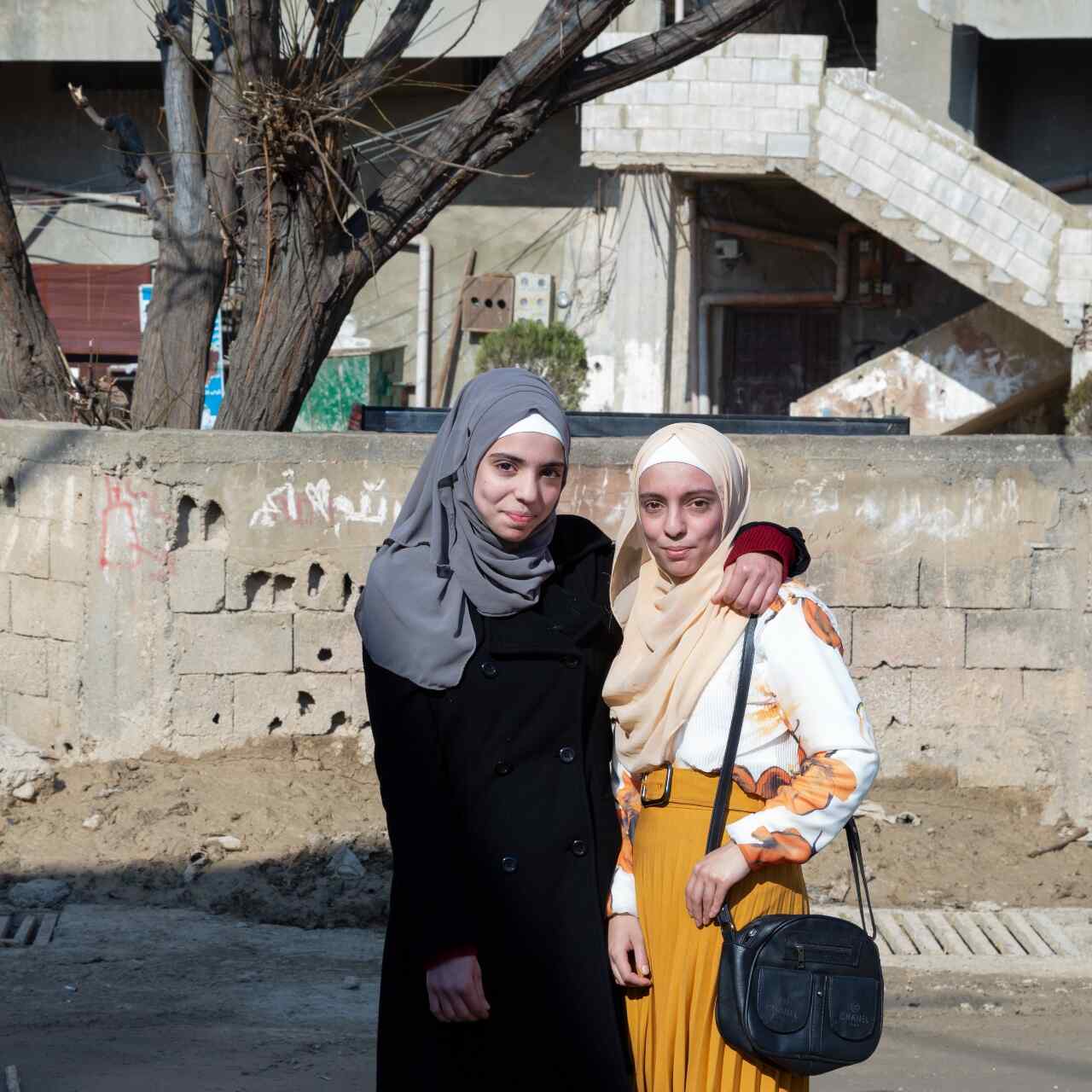
Refugee facts, statistics and FAQs
Everything you need to know about refugees, and the stories behind the statistics.

Everything you need to know about refugees, and the stories behind the statistics.
Who is a refugee? What’s the difference between refugees and asylum seekers? Which countries host the most refugees? Find out the answers to these commonly asked questions and get the real facts and statistics about refugees.
The wealthiest countries host just 24% of the world’s refugees. The remaining 76% are hosted by poor, low and middle-income countries.
Turkey is the single biggest host country for refugees. Most refugees living in Turkey come from Syria, where an ongoing conflict has displaced families since 2011.
Media coverage of refugees often focuses on those making long journeys to reach the U.S. or Europe but most refugees live in places immediately bordering their home country. For example, Jordan hosts the second-highest number of refugees per capita in the world, hosting more than 2 million registered Palestinian refugees and over 760,000 individuals of other nationalities including people from Syria, Iraq, Yemen and Somalia.
52% of all refugees in the world were displaced from just three countries by the end of 2022: Syria, Afghanistan and Ukraine.
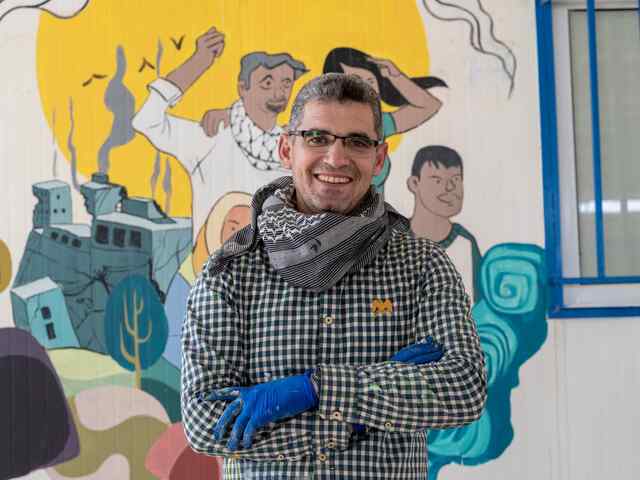
149 countries have agreed to provide refugees with protections under the 1951 Refugee Convention. This agreement was introduced following World War Two when many people fled persecution and conflict in Europe.
Refugees’ right to seek asylum in another country is included in the Universal Declaration of Human Rights alongside the right to a fair trial and freedom of expression.
The definition of a refugee is someone who has been forced to leave their country in order to escape war and persecution. They are unable to return home until conditions are safe for them again.
The definition of a refugee originates from the 1951 Refugee Convention, in which a refugee is defined as someone who has a well-founded fear of persecution for reasons of race, religion, nationality, political opinion or membership in a particular social group.
This definition became part of U.S. law when Congress unanimously passed the Refugee Act of 1980.
Related: Refugees and resettlement
149 countries around the world have signed The Refugee Convention, agreeing to protect refugees.
A refugee is someone who has been forced to flee their country because of persecution, war or violence, whereas asylum seekers are people who are in the process of claiming protection in another country. Once an asylum claim is recognized by a host country then they can live in their host country as a refugee.
Related: Migrants, asylum seekers, refugees and immigrants: What’s the difference?
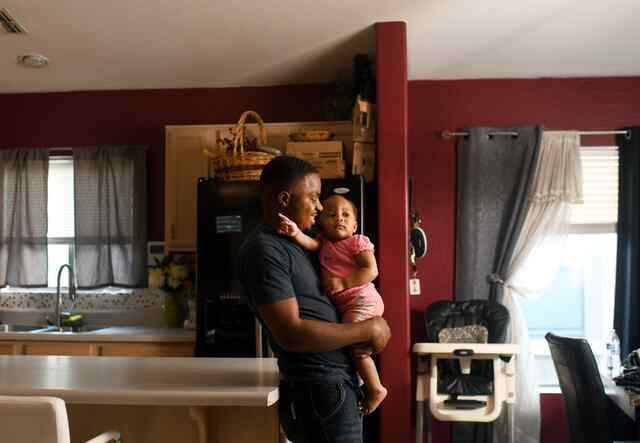
Yes, the right to seek asylum is recognized as a universal human right. Article 14 of the Universal Declaration of Human Rights states that “Everyone has the right to seek and to enjoy in other countries asylum from persecution.” Other human rights in this declaration include the right to life, the right to privacy and the right to a fair trial without discrimination.
No, they do not. The 1951 Refugee Convention, which is the basis of asylum laws around the world, does not require that a person must claim asylum in the first safe country they reach.
Refugees primarily come from countries affected by conflict or where people are being persecuted for their ethnicity, religion, politics or sexual orientation.
Globally, over half of all refugees come from just three countries:
Turkey
Turkey hosts more refugees than any other country. The majority of refugees living there have fled from neighboring Syria where a war has been displacing families for over 12 years.
Jordan
Jordan hosts the second-highest number of refugees per capita in the world, hosting more than 2 million registered Palestinian refugees and over 760,000 individuals of other nationalities. Many Syrian refugees have found refuge in Jordan and benefit from the IRC’s services in the country.
Colombia
Colombia has become one of the largest hosts for displaced people globally. To date, over 2.5 million people have arrived in Colombia from neighboring Venezuela. These are people in need of protection, including refugees and migrants. The IRC supports Venezuelans in Colombia, Peru and Ecuador by providing services such as health assistance and economic support.
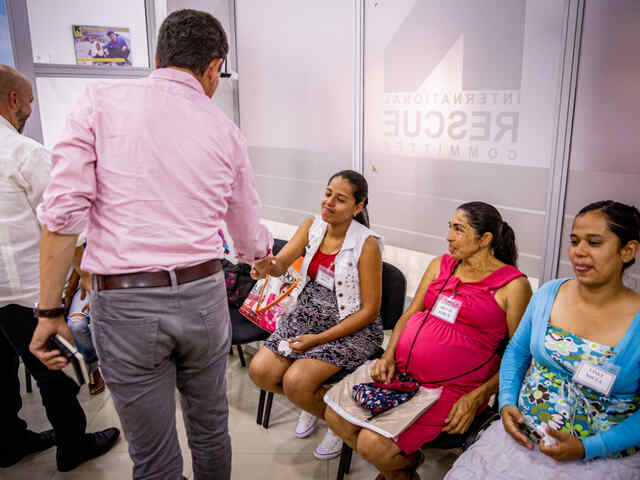
Refugees are not just legal definitions and statistics. They are real people who have been forced to leave their home countries and seek safety elsewhere.
Take Sabah for example.
Sabah is a 15-year-old refugee from Syria who was displaced by conflict and now lives in Lebanon. When she began participating in the IRC’s programs at a women’s safe space in Lebanon, she was already engaged to a man from her community.
After participating in reproductive health lessons and self-esteem and decision-making sessions, Sabah learned about her right to education. She decided that she did not want to get married and gained the confidence to tell her parents that she wanted to decide her own future.
“There is no difference between a boy and a girl,” says Sabah. “They are the same in every aspect, and like a boy has rights, a girl has rights too. I’ve learned that a woman should be firm and defend her rights.”
With her parent’s support, Sabah called off the marriage and was able to continue her education. After school. Sabah wants to work with the IRC to mentor other refugees in Lebanon.
Learn more about Sabah’s story.
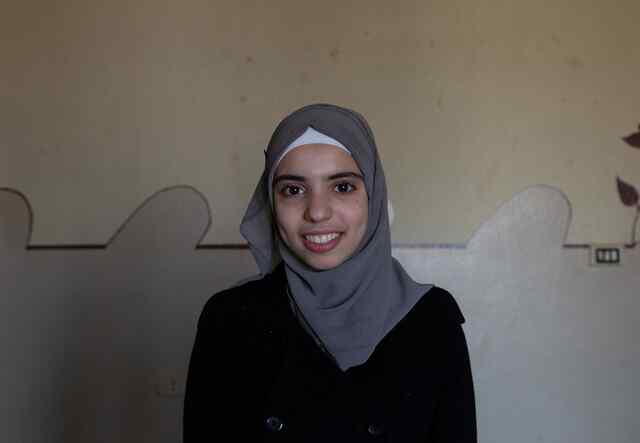
The International Rescue Committee (IRC) is a global non-profit organization that helps people whose lives have been shattered by conflict and disaster to survive, recover and rebuild. Founded in 1933 at the call of Albert Einstein, we now work in over 50 crisis-affected countries and communities throughout Europe and the Americas.
Additionally, the IRC operates 28 offices across the United States that support newly arrived refugees by providing immediate aid, including food, housing, medical attention, legal support and other services that help refugees integrate into their new communities.
Read more about our impact.